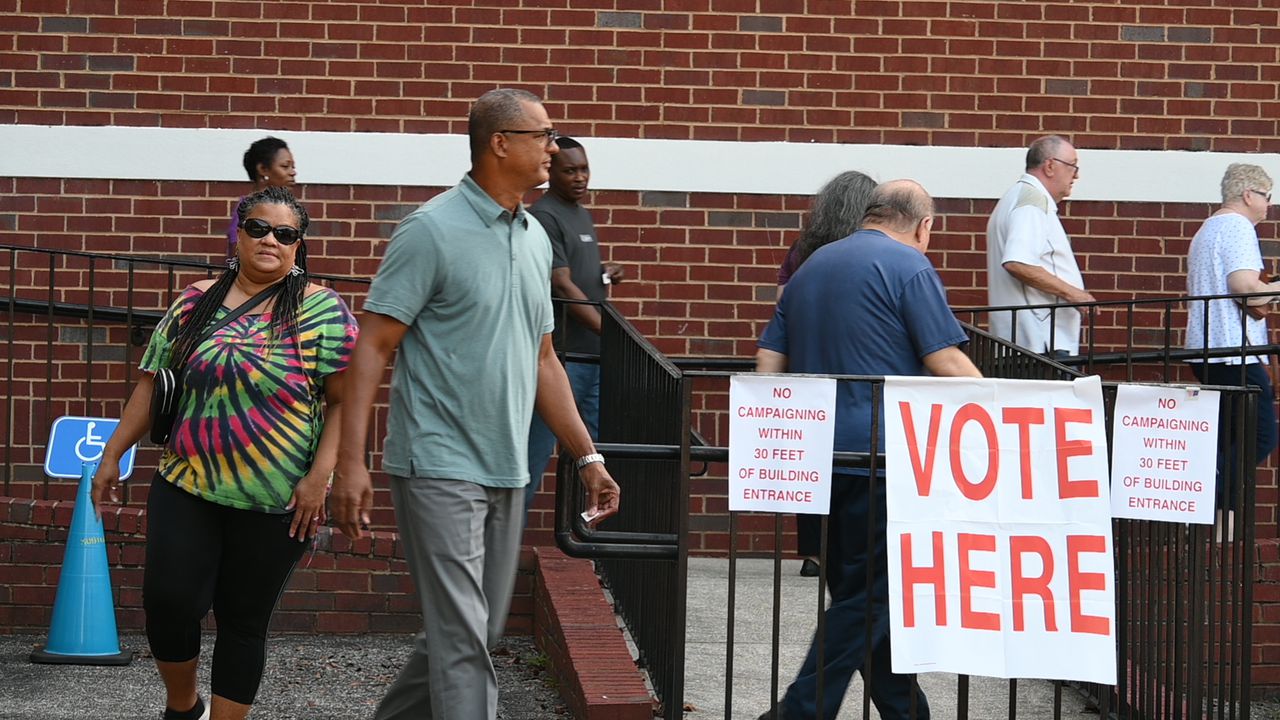Mobile annexation: When do services, tax changes start? Answering your questions
Voters in three areas west of Mobile said “Yes” on Tuesday and will officially come into the city as part of an annexation plan that adds 19,789 new residents.
The city’s population, dropping over the past 20 years, got a boost to over 204,600 residents. It’s the first time Mobile has more than 200,000 residents since 1980.
Related:
Annexation supporters say they want the opportunity to be a part of a city that has developed westward for decades. As Mobile residents, they will get a chance to vote, receive city garbage and trash services and will ensure they will get police and fire protection.
“We are excited about the opportunity to serve you and the trust you put into our city and we are proud to claim you as Mobilians,” Mobile Mayor Sandy Stimpson said.
Here are some key changes coming for the newly annexed residents. Additional information is available on the City of Mobile’s annexation website. City officials say they will be adding additional information as questions continue to emerge.
Sales tax changes: Businesses inside the city’s three-mile police jurisdiction currently collect an 8-cent sales tax for every dollar spent (4 cents to the state, 1 cent to Mobile County and 2.5 cents to the city for being located within the police jurisdiction).
Inside the city limits, the sales tax will increase to 10 cents for every dollar spent (the city assesses a 5-cent sales tax within city limits).
According to city officials, the net increase for purchases at brick-and-mortar businesses will be 2 cents. The reason the 2.5-cent increase isn’t part of the total sales rate inside the city – which is 10.5 cents – is that a special 0.5 percentage point sales tax rate is collected in Mobile County for local schools, and that will no longer be collected once businesses officially join the city.
The city does not have an official timeline on when the new sales taxes will be applied.
Property taxes: There is a five-year moratorium on City of Mobile property taxes in the newly annexed areas. Residents of those areas will see the taxes on their assessments from the Mobile County Revenue Commission for the first time in the fall of 2029.
The city directly receives a 7-mill property tax from residents within the city limits. City residents also pay an additional 8-mill educational property tax that goes directly to local public schools. That means the total millage rate for living in the city is 15.
After five years – in 2029 – the additional millage rate will mean a $150 tax increase for every $100,000 of a property’s assessed value.
Garbage and trash: Pro-annexation advocates claimed during the campaign that for the owner of properties valued under $700,000 save money because of the additional services – namely, public safety and garbage and trash collection – they will get from the City of Mobile.
The city laid it out this way: The average private household garbage collection service costs around $360 a year. The city provides that service, once a week, without assessing an additional charge. The city also provides roadside trash and debris pickup every other week. The city also estimates that private trash and debris collections cost at least $720 a year. Together, the average cost is more than $1,000 for public services, which the city provides without assessing any additional costs.
Garbage services – When do they start? The city will be putting out requests for proposals to private garbage services to contract to help provide service in the newly annexed areas, at least initially. The city says it will take some time to implement the plan, but the target date for beginning trash and garbage services in the newly elected areas is October 2.
